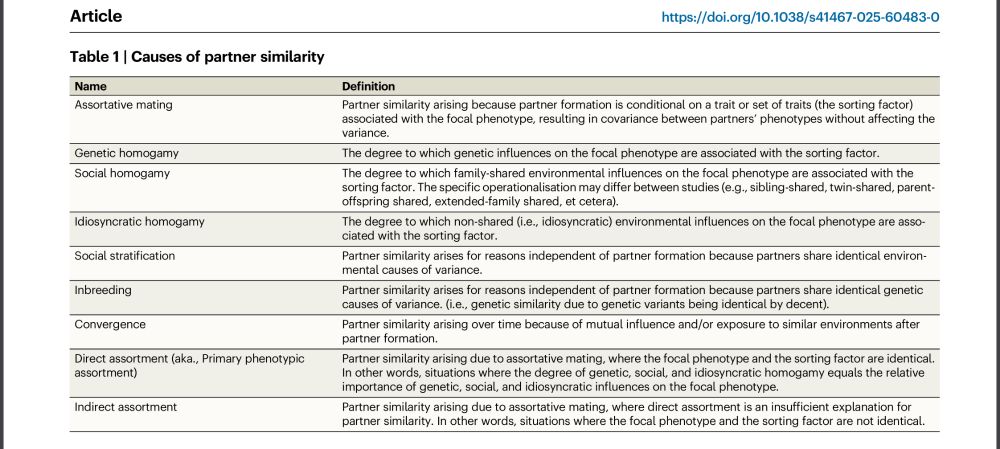I also wrote a more detailed thread when I posted the preprint last year. Check it out here if you are interested: bsky.app/profile/hfsu...


I also wrote a more detailed thread when I posted the preprint last year. Check it out here if you are interested: bsky.app/profile/hfsu...
hfsu.shinyapps.io/prevalence_b...

hfsu.shinyapps.io/prevalence_b...
🎓 Educational attainment also independently predicted better mental health.
But the highest risk was for men who were low in both cognition and education.
This group faced the highest probability of adult psychiatric diagnoses.

🎓 Educational attainment also independently predicted better mental health.
But the highest risk was for men who were low in both cognition and education.
This group faced the highest probability of adult psychiatric diagnoses.









